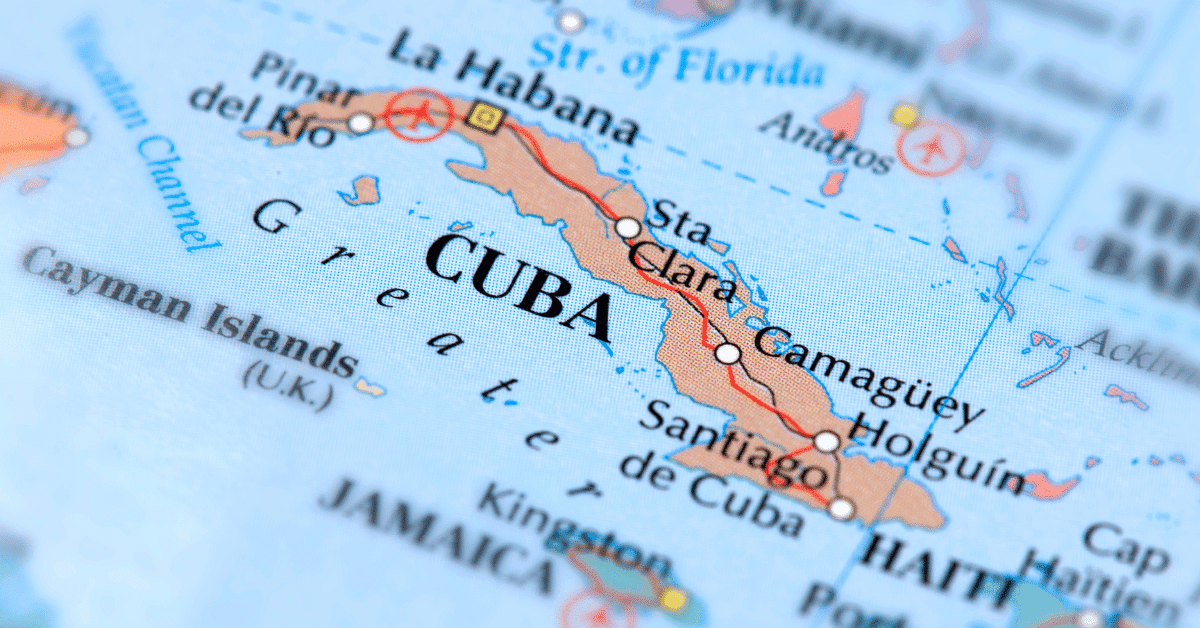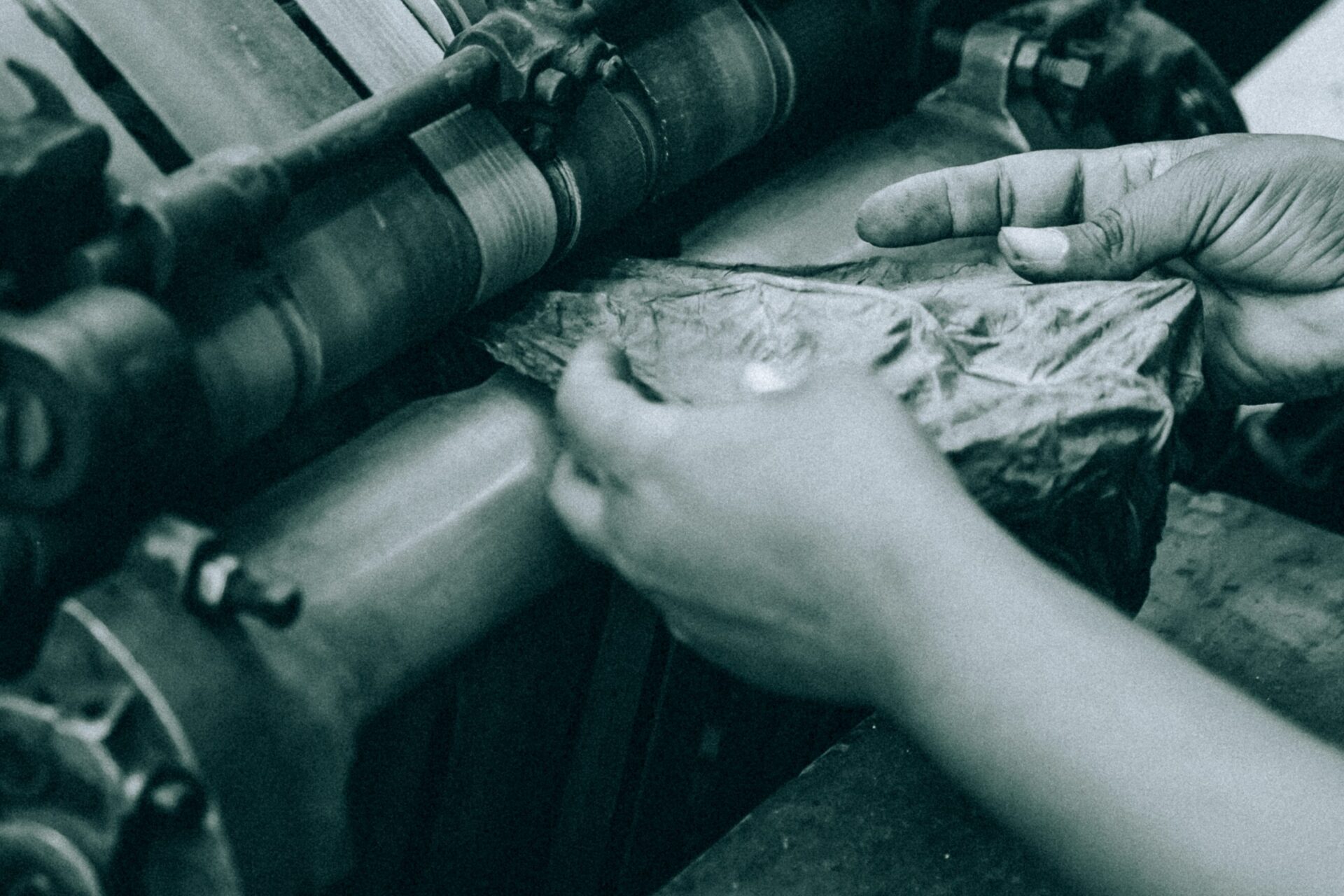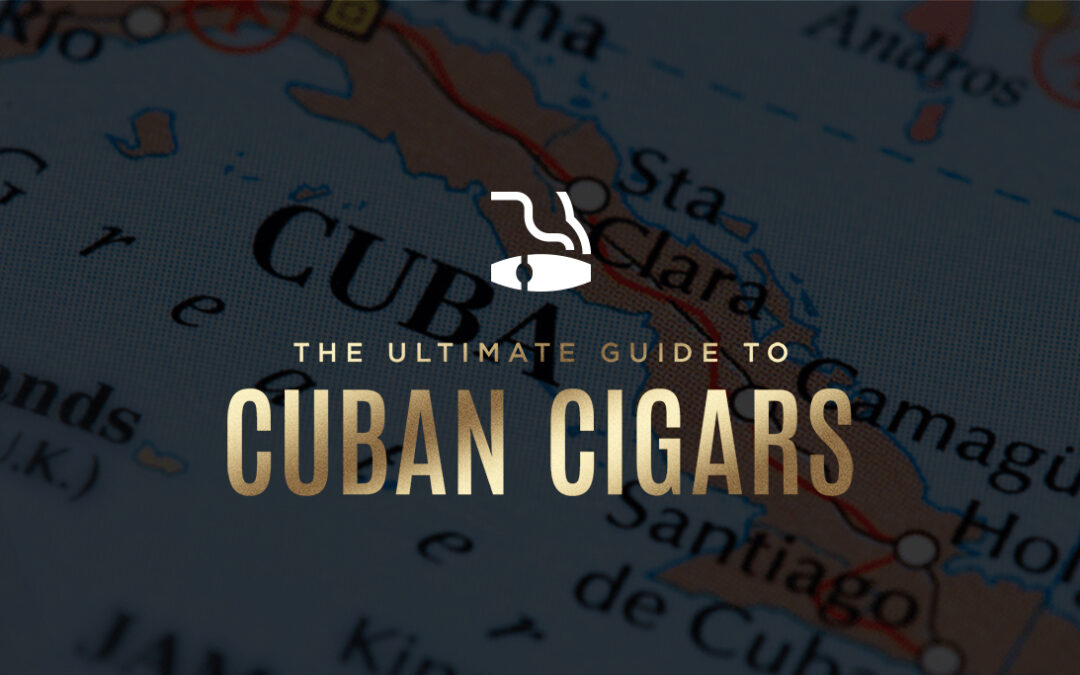Why Are Cuban Cigars Illegal in the United States?
Introduction
Cuban cigars have long been considered the pinnacle of cigar craftsmanship, revered for their exceptional quality and rich flavor. Despite their popularity, Cuban cigars remain illegal in the United States. This article explores the historical, political, and economic reasons behind the prohibition of Cuban cigars in the U.S., providing a comprehensive understanding of this complex issue.

The Historical Context
The Rise of Cuban Cigars
Cuba has a long history of cigar production, dating back to the 18th century. The island’s fertile soil and favorable climate made it an ideal location for growing high-quality tobacco, leading to the creation of some of the world’s most renowned cigar brands.
U.S.-Cuba Relations Before the Embargo
Before the Cuban Revolution, the United States and Cuba had strong economic ties, with American companies heavily investing in Cuban industries, including tobacco. Cuban cigars were widely available and enjoyed by Americans, contributing to their international reputation.
The Cuban Revolution and Its Aftermath
The Rise of Fidel Castro
In 1959, Fidel Castro led a revolutionary movement that overthrew the Cuban government. This event marked the beginning of significant political and economic changes on the island, including the nationalization of industries, which affected American businesses operating in Cuba.
The U.S. Response
The U.S. government, under President Dwight D. Eisenhower, responded to the Cuban Revolution by imposing economic sanctions on Cuba. These measures were aimed at pressuring the Castro regime to adopt democratic reforms and protect American interests on the island.

The Embargo on Cuban Goods
The Kennedy Administration
In 1962, President John F. Kennedy expanded the economic sanctions into a full embargo, prohibiting all trade between the U.S. and Cuba. This embargo included Cuban cigars, which were no longer legally available in the United States. Interestingly, it is rumored that President Kennedy ensured he had a personal stockpile of Cuban cigars before signing the embargo order.
The Legal Framework
The Cuban Assets Control Regulations (CACR), enforced by the U.S. Department of the Treasury, outline the legal framework for the embargo. These regulations make it illegal for U.S. citizens to import, purchase, or possess Cuban products, including cigars, without specific authorization.
Political and Economic Motivations
Cold War Tensions
The embargo on Cuban goods, including cigars, was heavily influenced by the Cold War dynamics between the United States and the Soviet Union. Cuba’s alignment with the Soviet bloc posed a significant threat to U.S. national security, prompting strict economic measures to isolate the Castro regime.
Protecting Domestic Interests
The embargo also served to protect American tobacco and cigar industries from competition. By prohibiting Cuban cigars, the U.S. government aimed to support domestic producers and maintain control over the market.
Attempts to Lift the Embargo
Changes in U.S. Policy
Over the years, there have been several attempts to ease the embargo on Cuba. Notably, during the Obama administration, diplomatic relations between the U.S. and Cuba were restored, leading to some relaxation of travel and trade restrictions. However, the embargo on Cuban cigars remained largely intact.
Ongoing Challenges
Efforts to lift the embargo face significant political opposition, particularly from Cuban-American communities and lawmakers who oppose normalizing relations with the Castro regime. The complex political landscape continues to hinder substantial changes to the embargo policy.
The Black Market for Cuban Cigars
Smuggling and Counterfeiting
The prohibition of Cuban cigars has led to a thriving black market, with many Americans seeking out these coveted products despite the legal risks. Smuggling and counterfeiting are common, with many fake Cuban cigars being sold to unsuspecting buyers.
Risks and Consequences
Purchasing Cuban cigars on the black market carries significant risks, including legal penalties and the possibility of acquiring counterfeit products. Consumers are advised to be cautious and aware of the potential consequences of engaging in illegal activities.
Cuban Cigar Alternatives
High-Quality Non-Cuban Cigars
While Cuban cigars are highly regarded, many excellent cigars are produced in other countries, such as the Dominican Republic, Nicaragua, and Honduras. These regions have developed their own reputations for quality and craftsmanship, offering viable alternatives for cigar enthusiasts.
Supporting Legal Markets
By choosing high-quality non-Cuban cigars, consumers can enjoy a diverse range of flavors and experiences while supporting legal markets and contributing to the growth of the global cigar industry.
Conclusion
The prohibition of Cuban cigars in the United States is rooted in a complex history of political, economic, and ideological conflicts. While the allure of Cuban cigars remains strong, understanding the reasons behind their illegality provides valuable context for cigar enthusiasts. As the political landscape evolves, the future of Cuban cigars in the U.S. remains uncertain, but there are many high-quality alternatives available for those who appreciate fine cigars.
FAQs
Why are Cuban cigars illegal in the United States?
Cuban cigars are illegal in the United States due to the trade embargo imposed on Cuba in 1962 by President John F. Kennedy. This embargo, driven by Cold War tensions and economic interests, prohibits the import, purchase, or possession of Cuban products, including cigars.
Can I legally buy Cuban cigars in the U.S.?
No, it is illegal to buy, import, or possess Cuban cigars in the United States without specific authorization from the U.S. Department of the Treasury.
What are the penalties for possessing Cuban cigars in the U.S.?
Penalties for possessing Cuban cigars can include fines and other legal consequences. The severity of the penalties depends on the circumstances and the quantity of cigars involved.
Are there any efforts to lift the embargo on Cuban cigars?
There have been efforts to ease the embargo on Cuba, particularly during the Obama administration, but significant political opposition remains. The future of the embargo and the legality of Cuban cigars in the U.S. are uncertain.
What are some high-quality alternatives to Cuban cigars?
There are many high-quality cigars produced in other countries, such as the Dominican Republic, Nicaragua, and Honduras. These cigars offer a diverse range of flavors and experiences, providing excellent alternatives to Cuban cigars.

